As I write this, the snow is coming down in a solid white sheet, obliterating everything more than 20 feet away. The snow is expected to be followed by sleet and then freezing rain. Will we lose power? Probably, but I feel well-prepared to manage for several days without it. How about your family? What steps should you take when you know a storm is bearing down? Here’s a check list to get you started.
1. Make a decision.
Do you evacuate or shelter in place? Many things will impact your decision. How close are you to the where the brunt of the storm of the storm will be felt? Do you have vulnerable seniors or a fragile newborn to care for? How well situated is your home for the kind of storm you are expecting? If you decide to leave, decide on a destination, pack your bags and leave early. You do not want to be looking for gas and stuck in traffic jams as the storm approaches.
2. Address communication.
The most important thing you can have is good information. Get an emergency radio. Choose one that is designed to use alternative charging sources (hand-crank) and have fresh batteries. Get the batteries early. They run out quickly. Have a means to recharge your cell phone and update your contact list. Designate a family member outside the impact zone to act as a clearing house for family check-ins.
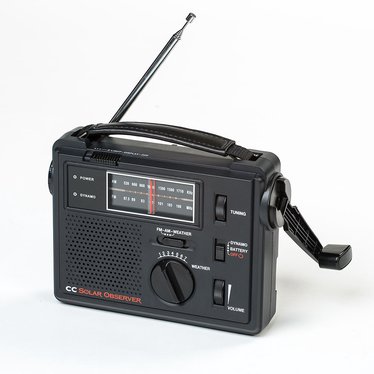
3. Secure your shelter.
You need to take steps to lessen the impact of a storm on your home. Do a walk around the exterior of your home. Put away or secure anything loose. Your yard should be free of anything that could become a projectile. Tape or cover windows if high winds are expected. Plywood disappears as quickly as batteries. Park your car under cover and have the tank filled with gas. Park facing out.
4. Get the interior of your home ready.
Have laundry caught up, the refrigerator cleaned out and the freezer fully loaded. Organize it so things that thaw quickly like ice cream and fruit are easy to remove if the power goes out. Fill empty spaces with jugs of water. As it thaws, you can use it for drinking. Get your supplies organized. Have a flashlight in each room. You don’t want to be fumbling in the dark for critical supplies.
5. Plan for water.
Plan on a gallon per person per day for at least seven days. More is better. Bottled water will fly off the shelves. You can fill your own containers to save money and time standing in line. You can flush toilets with dirty water if necessary. Buy disposable dishes, wet wipes, hand sanitizer and paper towels to save on water for washing up. Don’t forget water for pets. A water filter is a big expense but if you fear a longer term shut down of services it can be a lifesaver.
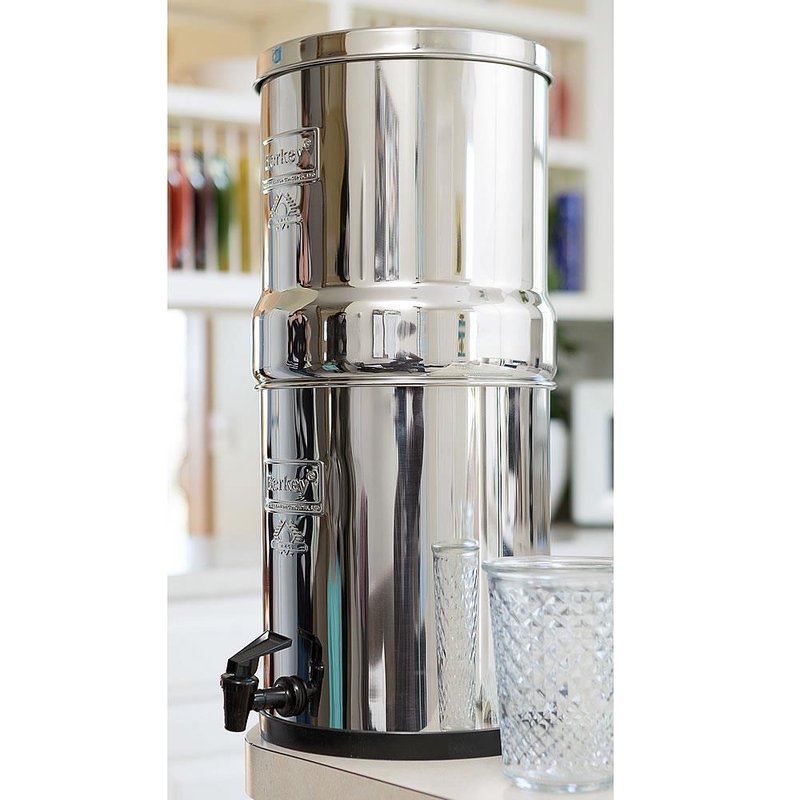
6. Have a food supply on hand.
Plan your menus around food that needs little preparation and no refrigeration. Small packages that eliminate leftovers are better than family size. Get groceries well before the lines form. Remember beverages and comfort food. At meal times, set the table and clean up right after. It will normalize the experience and help with morale.
7. Find a cooking source.
A camp stove is a good cooking option for the short term. Have plenty of fuel, matches and a manual can opener on hand. Try it out before the storm. There is a learning curve and you want to be comfortable with using it.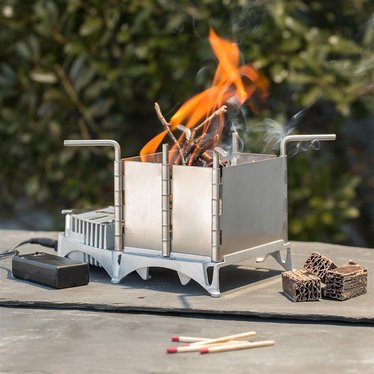
8. Have non-electric lighting handy.
There are so many options. Battery-powered lanterns, oil lamps, solar lanterns, and camp lights. Candles are a poor choice. They give little light and present a danger unless closely supervised. Make sure you have enough batteries and matches. If using oil lamps, trim the wicks, clean the chimneys and fill the reservoir before the storm hits.
9. Plan for heat.
If this is a winter storm, you will need to address how you will keep warm. If you have a wood stove, make sure you have your wood under cover and accessible. Have CO2 and smoke detectors and fire extinguishers in critical locations. Make sure any heater you use is rated for indoor use and follow all safety guidelines. You can manage in very cold temperatures if you are healthy, dress in layers and consume warm food and beverages. It is easier to keep a small space warm than it is a whole house so isolate one room to heat if necessary.
10. Don’t forget about entertainment.
Get out games, books, cards, puzzles and crafts to pass the time. This might be the perfect time to organize your photographs or start a chapter book that everyone can enjoy. A few new things can be a good distraction for fearful children. As much as possible, keep to a routine.
Major storms are hard on families. After the storm, talk about what the experience was like. Keeping a journal, taking pictures and connecting with neighbors can help with the recovery process. Contributing to the recovery effort, donating supplies and otherwise being proactive returns a sense of power after feeling at the mercy of nature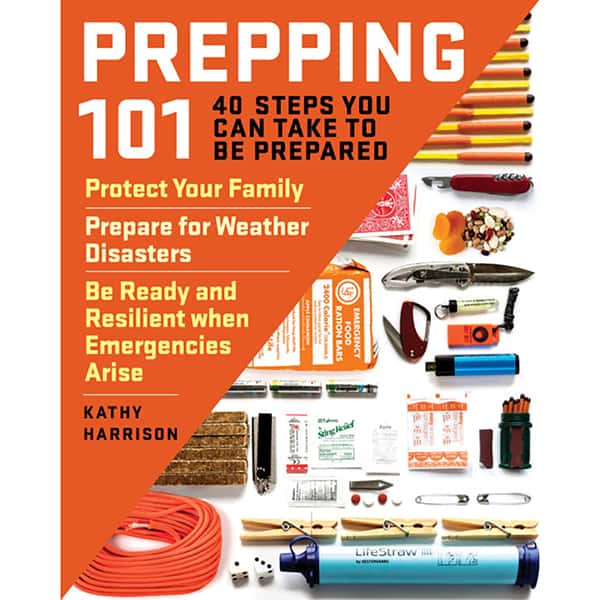
Editor’s Note: Kathy’s new book, Prepping 101, is now available at Lehman’s! Find more of her wisdom and helpful advice for preparing for short- and long-term emergencies in her book.



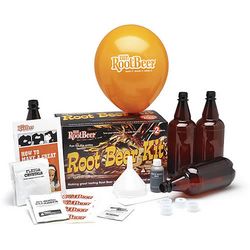














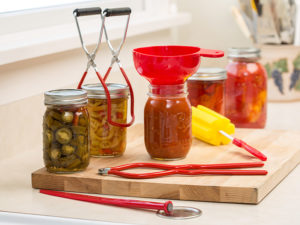









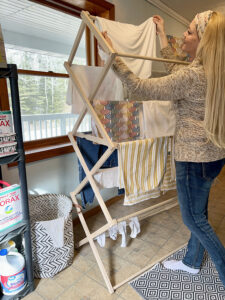




Very helpful!
Thank you Kathy, very good and useful information. Living in the unexpected is like purposely going on a camping trip!
Growing up on a farm in the country. As a young child in the early 60’s, all of what you described is what we always did and had. I still live that way. Thank you for sharing with all of us.
One additional note plan for pets.
Seems dumb but make sure you have extra toilet paper on hand. Should mention in the cold to leave water running if the house gets cold. Also can fill bathtubs for extra water.
Lifesaver water system why it is able to be Pressurized , Five gallon, fast easy filter replacement an the filters can last a very very long time when you prefilter the dirt and replace the filter only when the water no longer can come thru the filter
Have cash AND coins
Small bills r best
IF electric goes out, ATM machines, cash registers, etc will not b working